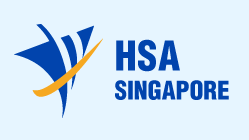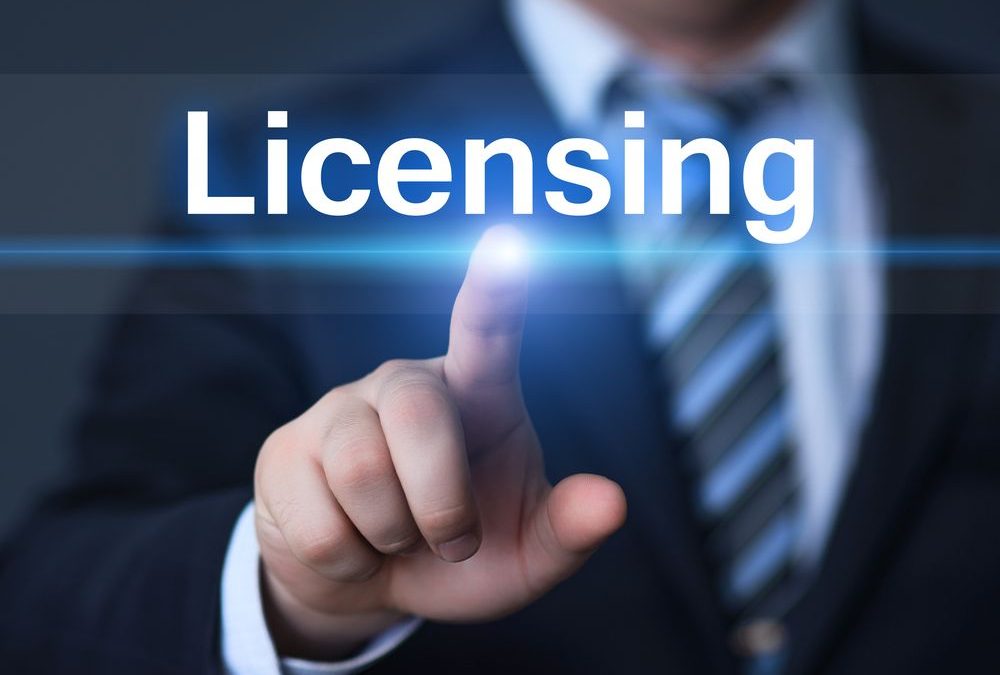The article provides a brief overview of recommendations provided in the guidance document dedicated to the licenses required for the parties involved in operations with medical devices.

Table of Contents
The Health Sciences Authority (HSA), Singapore’s regulatory agency in the sphere of healthcare products, has published a guidance document dedicated to licensing manufacturers, importers, and wholesalers of medical devices. The document intended to provide additional clarifications regarding the regulatory requirements the parties involved in operations with medical devices should follow, as well as recommendations to be followed in this respect. At the same time, the document is non-binding and is not intended to introduce new rules or impose new obligations. The authority reserves the right to make changes to recommendations provided therein, should it be reasonably necessary to reflect the respective amendments to the underlying legislation, and also mentions that in case of any discrepancies with the provisions of the applicable regulations the latter should prevail. Recommendations contained in the present guidelines are based on the provisions of the Health Product Act.
Regulatory Background
First of all, the authority states that according to the applicable legislation, any person who performs such activities in Singapore:
- Manufacture of medical device(s);
- Import of medical device(s);
- Supply by wholesale medical device(s);
Has to comply with the Health Product Act (Act), Health Products (Medical Devices) Regulations 2010 (Regulations), and any other applicable regulatory requirements.
As further explained by the authority, licensing regime introduced under the applicable legislation is intended to:
- Ensure the authority is aware of any entities involved in regulated activities undertaken in the country; and
- Ensure that the said entities are fully compliant with the respective regulatory requirements including, inter alia, the ones related to record-keeping or post-marketing surveillance and field safety corrective actions (FSCA).
As it was mentioned before, the scope of the guidance covers such activities as manufacturing, import, and supply (wholesale) of medical devices allowed for marketing and use in Singapore.

Definitions
To assist medical device manufacturers and other parties involved in interpreting provisions of the applicable regulations, the document provides definitions of the most important terms and concepts used in the context of establishment licensing. The terms defined in the guidance include, inter alia the following ones:
- Premises means any location that is used for activities dealing with medical devices, including storage, manufacture, etc;
- Product owner about a health product means a person who –
- Supplies the health product under his name, or under any trade mark, design, trade name, or other name or mark owned or controlled by him and
- Is responsible for designing, manufacturing, assembling, processing, labeling, packaging, refurbishing, or modifying the health product, or for assigning to it a purpose, whether those tasks are performed by him or on his behalf;
- Registrant means the person who applied for and obtained the registration of the health product under [the] Act.
The document also provides definitions of such terms as an applicant, export, field safety corrective action, import, licensee, manufacture, medical device, original packaging, packaging, primary packaging, retail, secondary assembly, secondary packaging, supply, and wholesale.
Licensing for Dealing in Medical Devices: Key Points
By the applicable regulatory requirements, there are three types of establishment licenses – one for each type of activity subject to regulatory oversight. The authority also mentions that the license of a medical device manufacturer covers all types of activities.
At the same time, certain types of manufacturing activities are not subject to licensing by the existing regulatory framework. As explained by the HSA, these activities included, inter alia, the following ones:
- Manufacture by way of fitting or adjusting the medical device to meet the requirements of the end-user. This covers the actions taken to ensure the device could be used properly by a particular user (patient).
- Manufacture to enable the continued use of the medical device by the end-user. This applies to the actions taken to withstand the natural wear and tear of medical devices they face when used for their intended purposes.
At the same time, the authority explicitly states that even though the above mentioned activities are not subject to licensing, the entities undertaking them are still obliged to comply with the requirements set forth for medical device manufacturers.
Secondary Assembly
The scope of the guidance also covers the aspects related to the secondary assembly. According to the document, an entity involved in such activity will not be required to obtain a license in case it already holds an importer’s or wholesaler’s license and follows the requirements of the Good Distribution Practice Standard for Medical Devices.
Application Process: Key Points
The document further provides additional clarifications regarding the application process and specific steps to be taken by an interested entity to be allowed to undertake the activities subject to licensing. As explained by the HSA, applications of all types should be submitted for review via the Medical Device Information and Communication System (MEDICS) e-services. The authority also mentions that all applications would be subject to preliminary screening to ensure their completeness and admissibility. At this stage, the authority may request the applicant to submit additional information or documentation. It is important to mention that the additional information should be provided within a specific timeframe set forth by the authority. In case of any issues with responding in time, the applicant should contact the authority to agree on a way to move forward. Should the interested party fail to submit all the information requested by the authority in time, the application will be rejected, so the new application process will commence from the very beginning. At the same time, the applicant is also entitled to withdraw the application it has submitted at any stage, or even cancel the license if it has been already issued, should it decide to do so.
In summary, the present HSA guidance provides an overview of the existing regulatory framework for the establishment of licensing in Singapore. The document outlines the types of activities subject to licensing and also highlights the key points to be taken into consideration concerning the licensing process itself.
Sources:
https://www.hsa.gov.sg/docs/default-source/hprg-mdb/gn-02-r4-4-guidance-on-licensing-of-manufacturers-importers-and-wholesalers-of-md-(aug21-pub).pdf
How Can RegDesk Help?
RegDesk is a next-generation web-based software for medical device and IVD companies. Our cutting-edge platform uses machine learning to provide regulatory intelligence, application preparation, submission, and approvals management globally. Our clients also have access to our network of over 4000 compliance experts worldwide to obtain verification on critical questions. Applications that normally take 6 months to prepare can now be prepared within 6 days using RegDesk Dash(TM). Global expansion has never been this simple.

